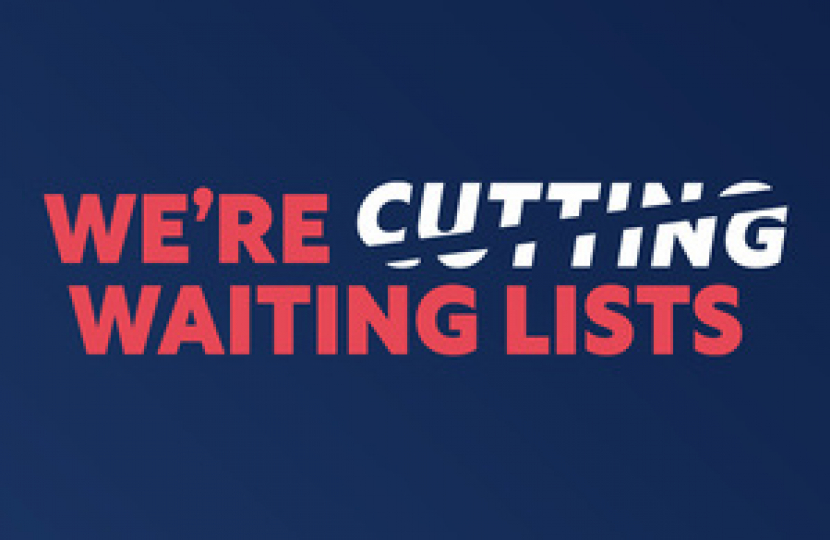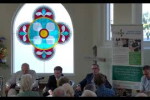
Action to make it easier for patients to contact their GP and end the 8am rush, with £240 million given to practices across England to embrace latest technology.
- There will be more GP appointments available
- You will be able to access your medical records from the NHS app
- You can get prescription medicine directly from the pharmacy, without a GP appointment
- Reduced 8am rush for medical appointments
Patients will be able to contact their general practice more easily and quickly - and find out exactly how their request will be handled on the day they call - as part of a major multi-million pound overhaul of primary care, the government and NHS will announce this week.
Practices across England will also be given £240 million this year to embrace the latest technology, replacing old analogue phones with modern systems so patients never get engaged tones and easy-to-use online tools to ensure patients get the care they need as soon as possible.
This will mean that when patients contact their practice online or over the phone they will know on the day they make contact how their query will be managed, rather than being told to call back later. If their need is urgent, they will be assessed and given appointments on the same day. If it is not urgent, appointments should be offered within 2 weeks, or patients will be referred to NHS 111 or a local pharmacy.
Health and Social Care Secretary, Steve Barclay, said:
We are already making real progress with 10% more GP appointments happening every month compared to before the pandemic.
I want to make sure people receive the right support when they contact their general practice and bring an end to the 8am scramble for appointments.
To do this we are improving technology and reducing bureaucracy, increasing staffing and changing the way primary care services are provided, which are all helping to deliver on the government’s promise to cut waiting lists.
An average sized practice of 10,000 patients often receives more than 100 calls in the first hour every Monday.
With advanced digital telephony, rather than an engaged tone, patients will receive a queue position, a call back option and their call can be directly routed to the right professional. The phone system will also be integrated with the clinical systems so practice staff can quickly identify patients and their information from phone numbers.
Practices that have invested in modern online booking and messaging systems find they help free up phones for those who prefer to call, while giving patients a convenient way to get the help they need.
As well as helping patients to make contact, the government is supporting staff in dealing with the calls. Working with NHS England the government will fund 6,500 care navigator training places – that is one member of staff per practice who can then pass on the training to colleagues.

